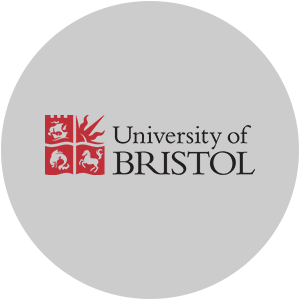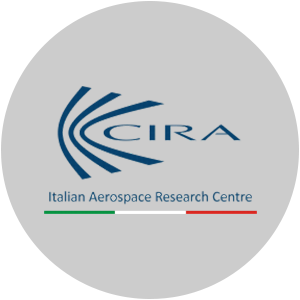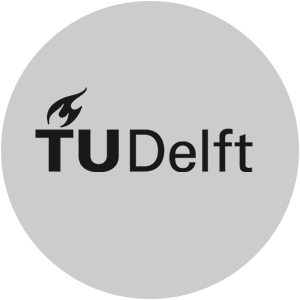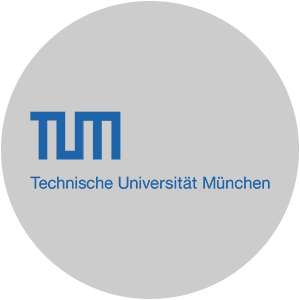For more information and links to all SABRE publications, please click on the link below.
Portfolios
SABRE stands for Shape Adaptive Blades for Rotorcraft Efficiency and aims to develop ground-breaking new helicopter blade morphing technologies which will reduce helicopter fuel burn, CO2 and NOx emissions by a projected 5-10%, while also reducing noise emissions. This €6million rotorcraft blade engineering project is funded by the European Union under the Horizon 2020 research and innovation programme.
SABRE will help Europe to achieve its ambitious aviation emissions goals while also sharpening its competitive edge in the rapidly growing helicopter market. It has support from leading industry figures, Airbus Helicopters and Leonardo Helicopters.
Key impacts stemming from the project:
Reducing energy consumption and environmental impact of aviation
Reducing helicopter fuel burn and emissions by 5 – 10%
Improving European industrial competitiveness and reinforcing employment
The results of this project will generate substantial recurring savings in direct operating costs, offsetting the initial cost of the added technology over the life or the airframe thus keeping Europe competitive and securing employment within the industry
Knowledge transfer of morphing technologies
The methods used in SABRE could have positive implications for fixed wing aircraft and through active blade control it is also potentially adaptable to large scale wind turbines, making them more cost efficient
Delivering international collaboration for innovation
Fostering new partnerships which will help integrate new knowledge into industry after the project end
In total, there are 6 partners involved in the SABRE consortium across 4 countries with the University of Bristol being the coordinator for the project:






